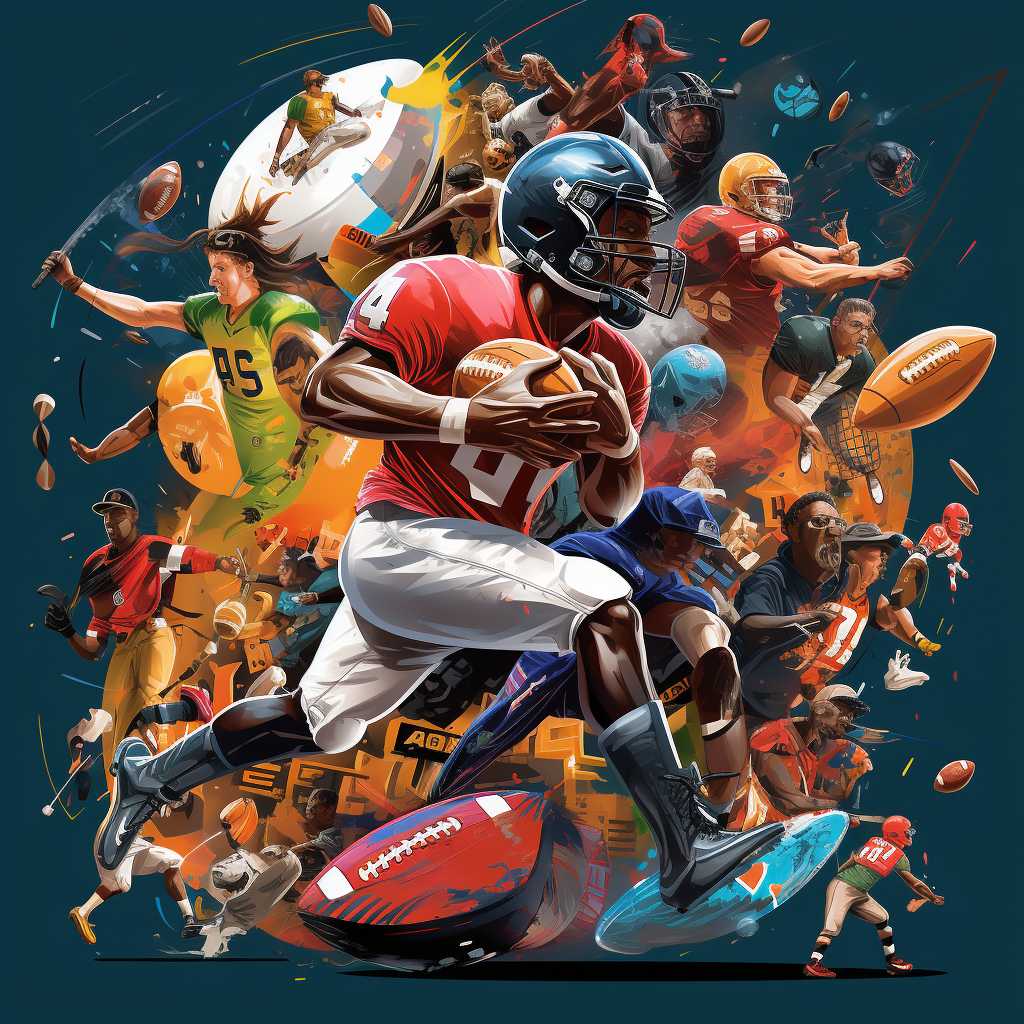Esports has become a transformative force in the world of sports, with its influence on traditional sports growing every day. As the popularity of esports continues to rise, it has become impossible to ignore its impact on sports news, events, analysis, and statistics.
With esports hitting the mainstream, it has become a regular feature in sports news. Fans of traditional sports are no longer surprised to see esports updates, highlights, and scores alongside their favorite sports news. This is a testament to the growing importance of esports in the world of sports.
Esports has also led to the emergence of dedicated esports events, which attract millions of fans around the world. These events offer a unique opportunity for fans to witness some of the best esports athletes in action, and they have become an integral part of the sports world.
Esports has given rise to a whole new set of statistics, which are now being analyzed and tracked by sports analysts and enthusiasts. This has opened up new avenues for sports analysis, and has provided fans with even more ways to engage with their favorite sports.
As esports continues to grow in popularity, it is clear that it is not just a passing fad. It represents a fundamental shift in the way we view athletic competition, and it offers exciting new opportunities for athletes and fans alike. The sports world must embrace this exciting new era and all the opportunities it brings.



